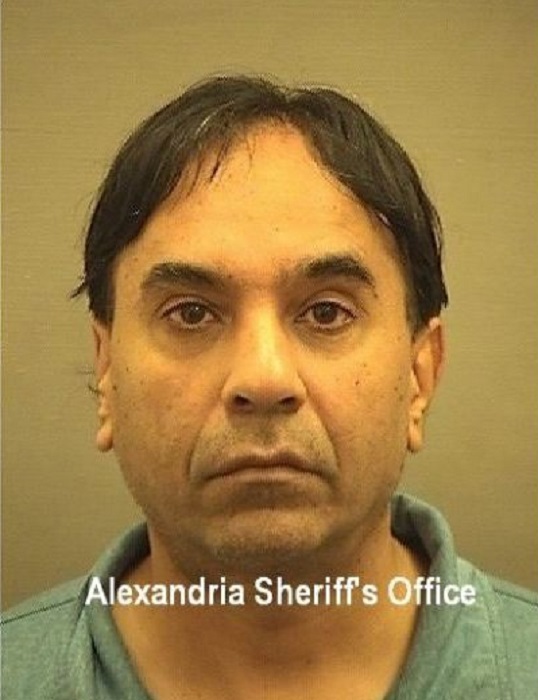ALEXANDRIA, Virginia: A Fairfax medical doctor was sentenced on June 19 to 10 years in prison and fined $30,000 for illegally diverting Adderall and oxycodone to six different patients, including a patient who suffered from opioid addiction and later died of a drug overdose.
“Doctors represent one of the key first lines of defense in thwarting the opioid crisis,” said G. Zachary Terwilliger, U.S. Attorney for the Eastern District of Virginia. “Though armed with a license to practice medicine, Dr. Gurpreet Singh Bajwa discarded his fundamental oath—first, do no harm— by engaging in criminal conduct and in doing so exposing his patients to potentially grave consequences in the process. Dr. Bajwa defines what we commonly refer to as a “dirty doc,” and his prosecution and sentence should send a very clear message to any other medical practitioners contemplating risking patient lives out of greed that you will face swift and certain consequences for your nefarious, unethical, and criminal conduct.”
As part of his sentence, Bajwa will be prohibited from practicing medicine for three years after he is released from prison. The doctor had previously surrendered his medical license in May 2019.
“Physicians who put their own greed above the health and safety of their patients only inflame the ongoing opioid epidemic,” said James A. Dawson, Special Agent in Charge of the FBI Washington Field Office’s Criminal Division. “The FBI and our partners will continue to combat the illegal actions of trusted medical professionals who over-prescribe these highly addictive drugs to the detriment of their patients.”
According to court documents, Dr. Bajwa, 49, temporarily lost his medical license in 2012 following an investigation by the Virginia Department of Health Professions (DHP) into his prescription practices. After his license was reinstated, he significantly reduced the quantity of pain medications he prescribed, and switched over to stimulants, benzodiazepines, and sedatives.
Generally, at no point during any of his patients’ visits did Bajwa or any of his staff receive, review, or request prior medical files; obtain medical histories; conduct physical examinations; discuss the cause of any attention disorder or what might properly address such a condition; discuss any alternatives to treatment; or obtain and analyze urine samples to ensure his patients were taking their medications as directed.
Beginning in summer 2018, two undercover law enforcement officers posed as patients and made appointments to see Bajwa. At each visit, Bajwa prescribed the undercover officers a 30 day supply of Adderall—despite the undercover officers showing up to two weeks prior to the end of the previous 30 day period. One of the officers told Bajwa that she was a fitness model and needed Adderall for her workouts, which is not a legitimate use for the substance. The undercover officer also asked Bajwa to prescribe her extra pills that she could give to a “friend” and he readily agreed.
One of the patients to whom Bajwa prescribed significant quantities of prescription drugs had a history of high blood pressure, among other health conditions. Nevertheless, Bajwa wrote her monthly prescriptions for the maximum dose of Adderall, a schedule II stimulant.
In 2016, the CDC and the FDA issued warnings cautioning against prescribing opioids and benzodiazepines (including Xanax) together because of the increased risk of fatal overdose. Nevertheless, on multiple occasions, Bajwa wrote prescriptions to patients for both oxycodone—a powerful Schedule II opioid—and Xanax.
One of Bajwa’s patients, N.J., suffered from heroin addiction. N.J.’s mother told Bajwa two or three times that N.J. was abusing drugs, and yet Bajwa continued to prescribe controlled substances to N.J. In November 2017, Bajwa prescribed both oxycodone and Xanax to N.J., despite knowing of N.J.’s drug addiction, and despite the increased danger of combining the two medications. In January 2018, N.J. was dismissed from a rehabilitation program after he was caught abusing drugs Bajwa prescribed him. N.J. died of a drug overdose a short time later.










